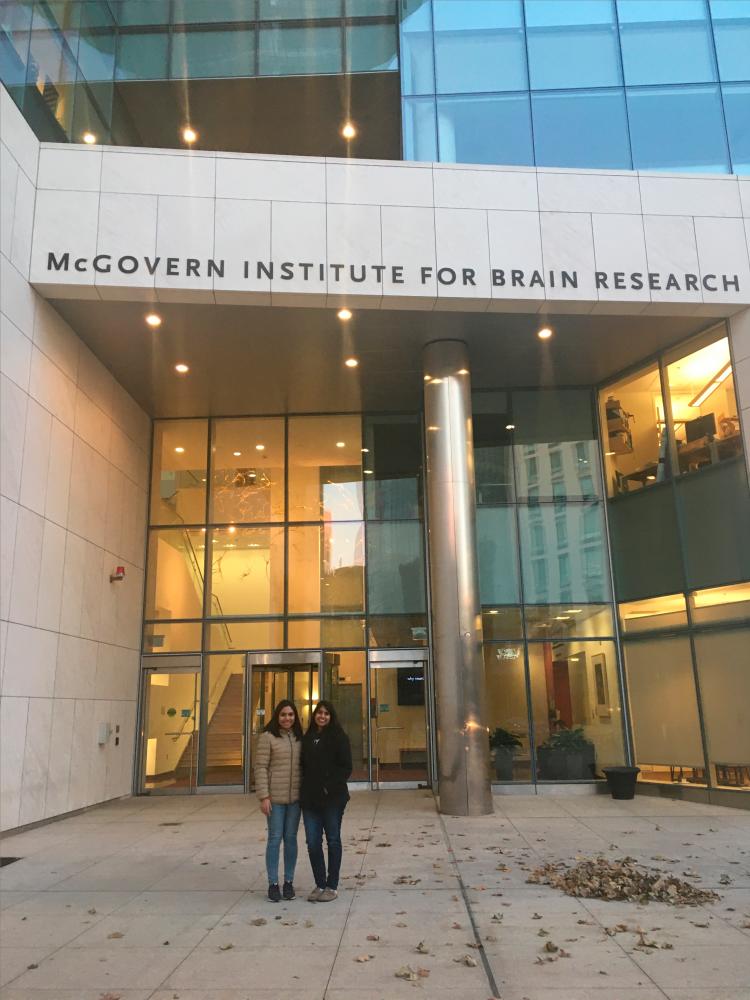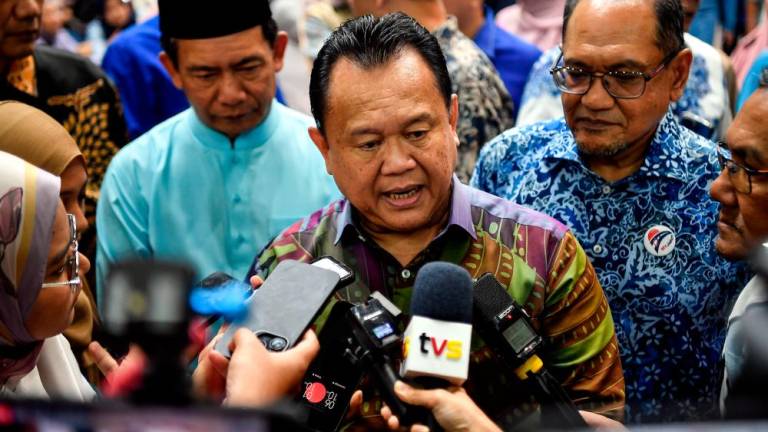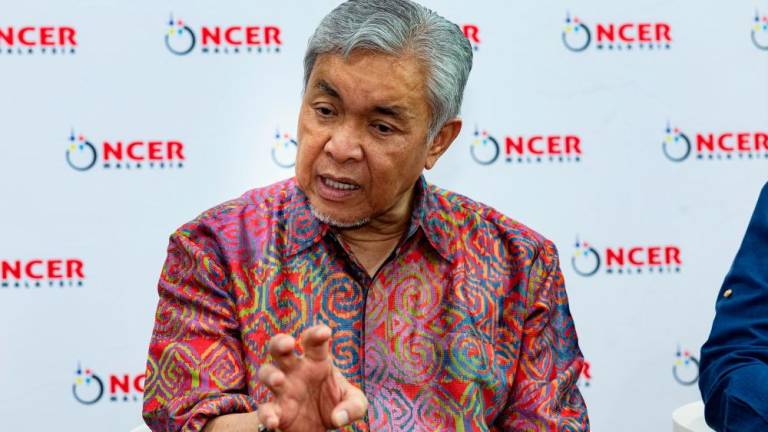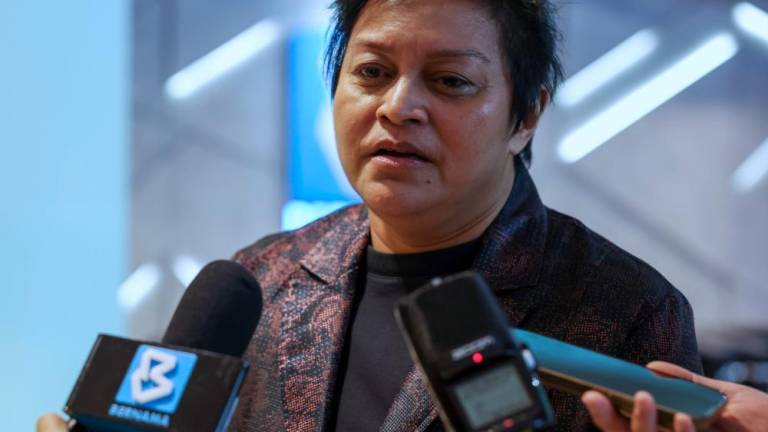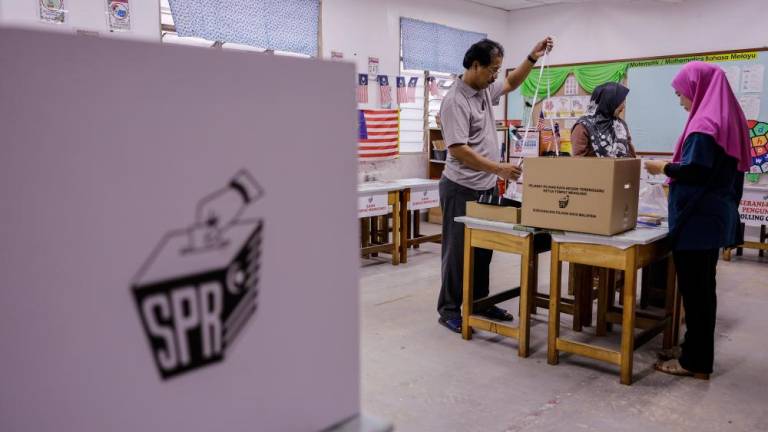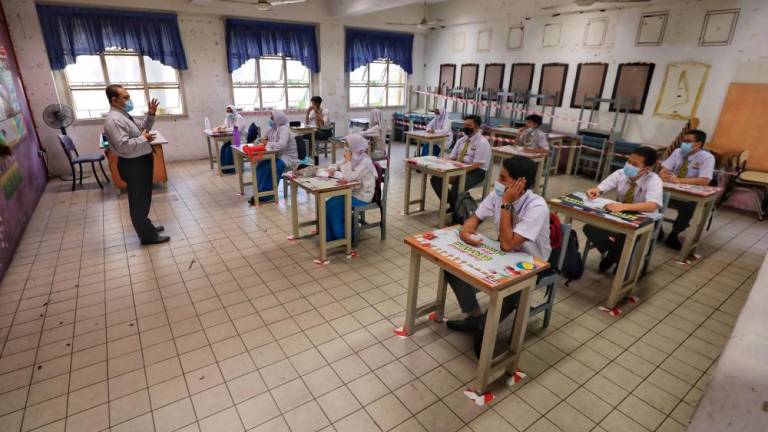AFTER returning from her research attachment programme at the Massachusetts Institute of Technology (MIT), Aishah Ismail, a PhD in Applied Science postgraduate student at Universiti Teknologi PETRONAS (UTP), looks to carry over some of the good things she has gleaned at the leading Ivy league university into her daily research routine.
“It was heart-wrenching to see the animals I took care of for three months develop stroke symptoms,” says Aishah, 29.
According to Aishah, early parts of carrying out the research were an emotion-draining journey that she had to endure. Initially, Aishah had been on the receiving end of some stern criticism for her work experimenting on animals. However, looking back, she’s glad she did not give in to the pressure.
She says: “The research I’m doing now hopes to help detect and save millions from the perils of stroke. I chose rabbits because their eyes are large, and the animal’s anatomy bears close similarities to that of humans.
“It’s called the Circle of Willis, a blood circulation pathway from the neck to the brain. Besides this, rabbits’ retinal vessels share similar properties with the human brain’s blood vessels.”
Through examining rabbit eyes, Aishah hopes to detect a biomarker for an early sign of stroke which would allow early preventive measures and treatment.
According to Aishah, stroke is the third-leading cause of death and leaves many survivors disabled.
Currently, Aishah’s lone test subject is the only lab rabbit in Malaysia under experiment.
Aishah chose a rabbit because she wanted data and knowledge generated from her research to be transferrable to humans. “Delays in treatment could reduce patients’ chances of recovery,” explains Aishah.
Despite this, the arduous process of the longitudinal research and the challenge of doing it alone took a toll on her emotionally. In equal measures, kind words of encouragement from her research supervisors have kept Aishah steadfast in her mission.
She says: “Both my supervisors, Associate Professor Dr Tang Tong Boon (UTP Electrical & Electronic Engineering Department) and Associate Professor Dr Ibrahima Faye (UTP Fundamental & Applied Sciences Department) are really great.
“They always tell me that they believe in me and that they knew that I could do it. Those words, however succinct, really comfort me and keep me going.”
Reaping the fruits of her labour, Aishah flew to MIT after she was awarded the Merdeka Award Grant to kick off her research proposal. “It’s been a dream to study at a storied institution such as MIT,” says Aishah.
During her time in the United States, Aishah was really impressed with MIT’s supportive learning environment and world-class facilities.
“Here, I wanted to undertake a deep learning for healthcare applications in connection with my blood flow data. Later, I want to apply the model for stroke prediction through an ocular blood flow testing. This can help accelerate the detection rate of stroke symptoms,” Aishah explains.
“My MIT supervisors invested a lot of time in me. Although they are really busy with multiple projects, they spent days to help me figure out the right questions to answer to make sure I get off to a good start.”
She adds: “Although they are independent universities, they do a lot of sharing to pool their resources together in a bid to solve humanity’s most challenging problems. For example, say they have one data, they will share the data with 10 other PhD students to gather different perspectives on the data.”
Looking at those factors together, it’s no wonder the university is such a desirable institution to study, says Aishah.
“They even have joint courses with Harvard and some of the universities’ lecturers teach at both institutions. Of these, they hold a bevy of educational talks and programmes to advance common causes together,” adds Aishah.
Indeed, Aishah is another prime example of UTP’s profound career connected learning and industry collaboration. Through the work UTP does, it foster long-term relationships with its global social-impact partners to prepare students, people and researchers as global citizens.
As a leading university in engineering, science and technology, UTP graduates are driven to exceed their professional objectives and contribute towards overcoming capability deficit across all sectors and industries.
For more information on UTP and its postgraduate programmes, visit www.utp.edu.my. Get Connected and be in the know about everything UTP at bit.ly/GetConnected2UTP.



